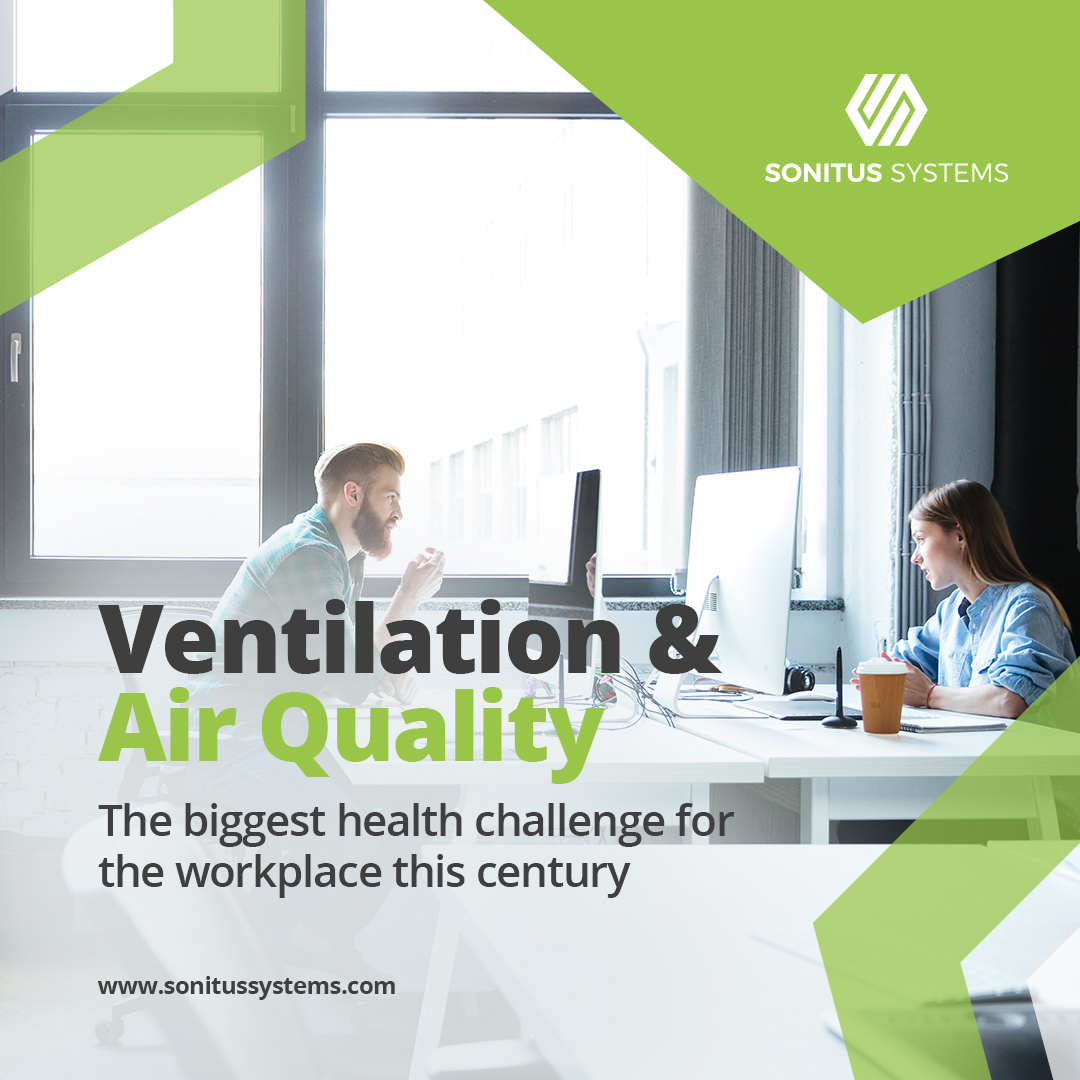The biggest health challenge for the workplace this century
According to Amazon’s top doctor, as reported by CNBC, air quality is the single “biggest workplace health challenge of this century”. You can read the article in full here: why air quality is the biggest workplace health challenge of this century .
In addition to being the chief health officer for Amazon, Vin Gupta is a health data and respiratory disease professor at the University of Washington. In his capacity as a medical expert, he is calling for a “renormalizing” of what workplaces look like.
Significantly, this focus on indoor air quality, or IAQ, is not solely as a result of Covid-19, it was already on the agenda of responsible building owners and operators for many years. The pandemic has brought this ongoing industry conversation into the public domain, with ventilation being a key strategy in the fight against the virus spreading. As Gupta articulates, “the current pandemic should reinforce and elevate what existing public health research has shown: air quality at work is directly correlated to brain function and productivity”.
Unlike past generations, the majority of people today spend 90 percent of their time indoors. This means that homes, workspaces and the places where people spend time must be made safer, healthier and more productive. Looking primarily at the workplace, this will likely involve improvements to air filtration and ventilation systems.
“The big challenge of our time is how do we ventilate.“
There also needs to be a greater awareness of IAQ and access to real-time measurements.
The CNBC report references decades of research, which demonstrates that improving ventilation systems in work spaces improves brain function, however, it is clear that this has not been prioritised and investment has been lacking. One particular piece of research (conducted by scientists at the Harvard T. H. Chan School of Public Health) found that better-ventilated workspaces generate a quantifiable return on investment, making it a win-win for building owners and building occupants, which is fueling innovation in this area. The findings around the impacts of air quality on cognitive function are unambiguous; on average, cognitive scores were between 61 percent and 101 percent higher in green building designs than in conventional buildings.
The persistent pandemic has coincided with a rise in consumer awareness of environmental issues, increased occupant ESG demands, and emerging smart buildings technologies – as developed by the Sonitus Systems team – that make accurate air quality measurement both desirable and possible. In fact, as Gupta himself predicts, Covid may be the catalyst for buildings to adopt better air quality systems. Demonstrably, “the science linking air quality to worker productivity wasn’t getting through to the decision makers in the world of building design and office management” prior to the outbreak of Covid-19, but this is now changing.
Sonitus Systems offers both the hardware and software for a range of environmental parameters on a continual basis, with real-time information available through our Sonitus Cloud dashboard. For more details on our indoor and outdoor noise and air quality monitoring products and services, please contact the team at Sonitus Systems .
